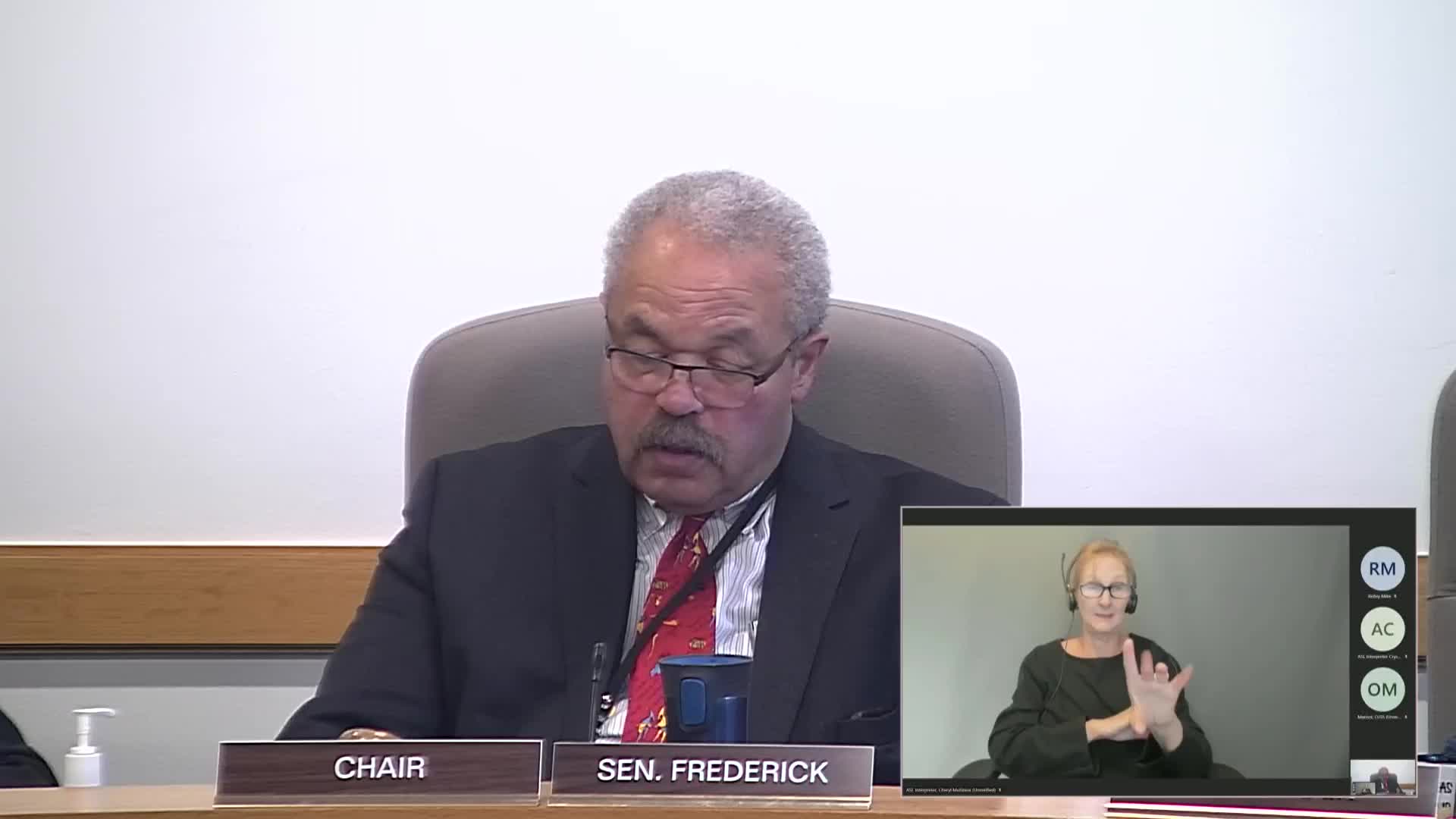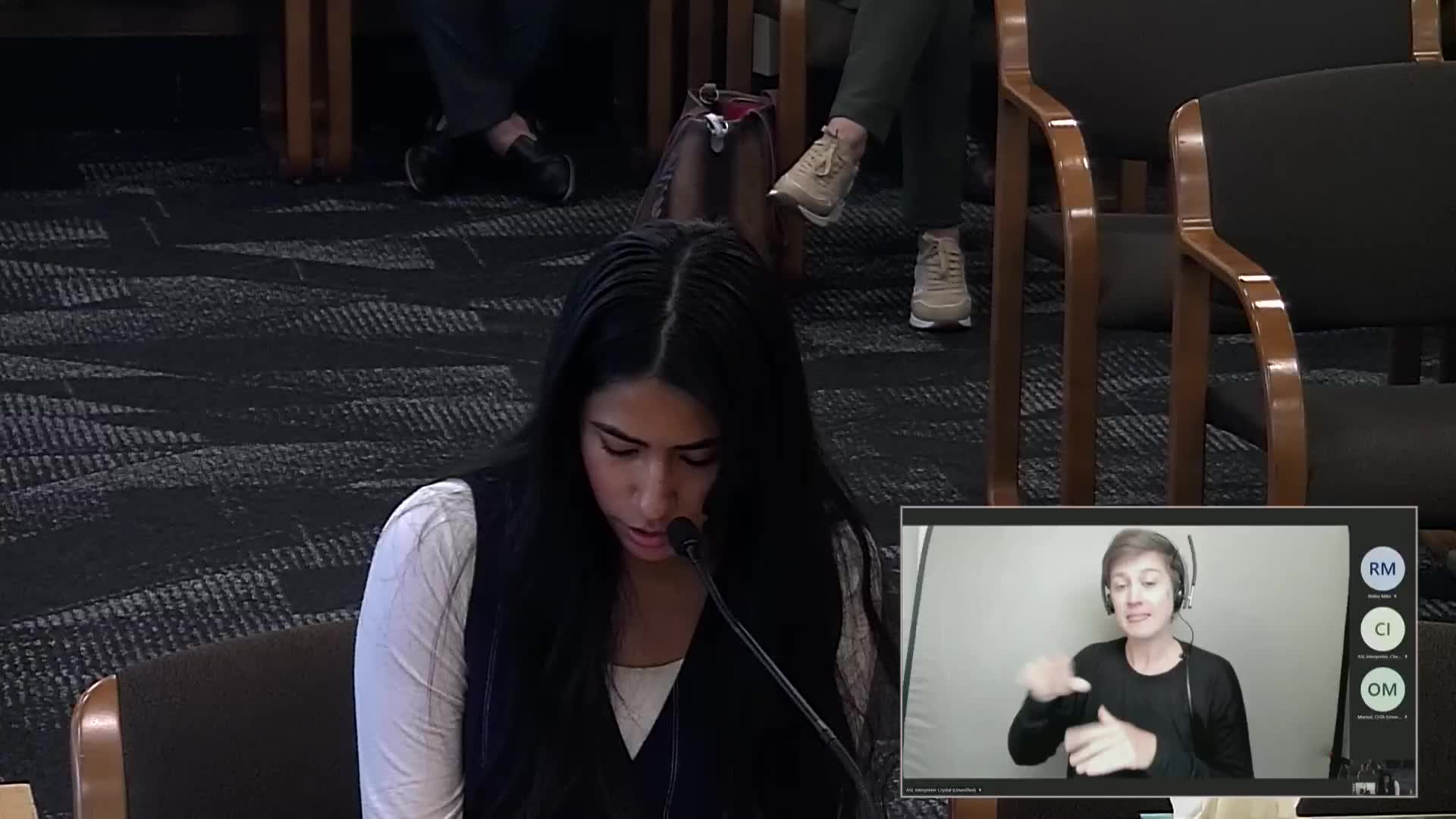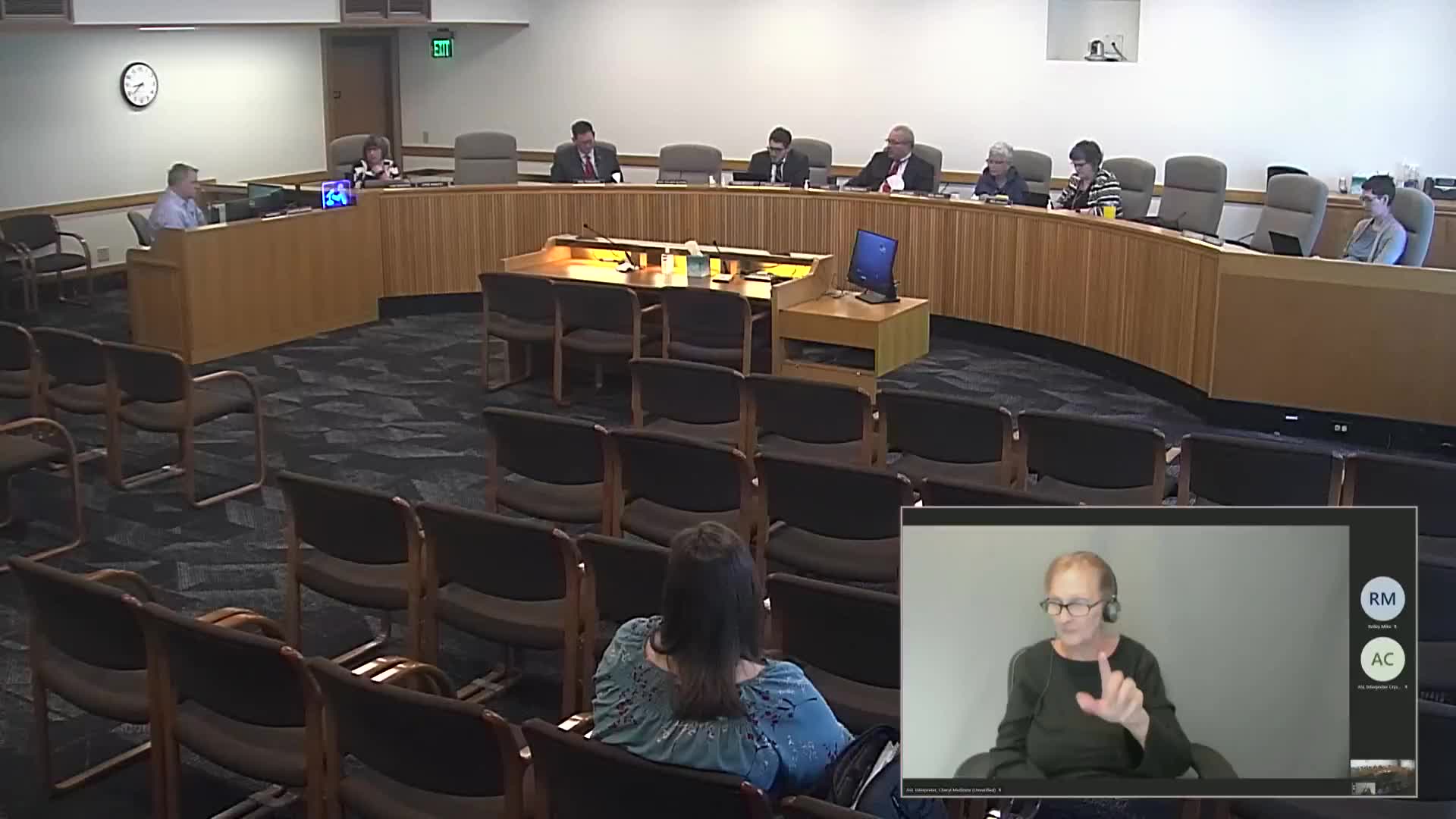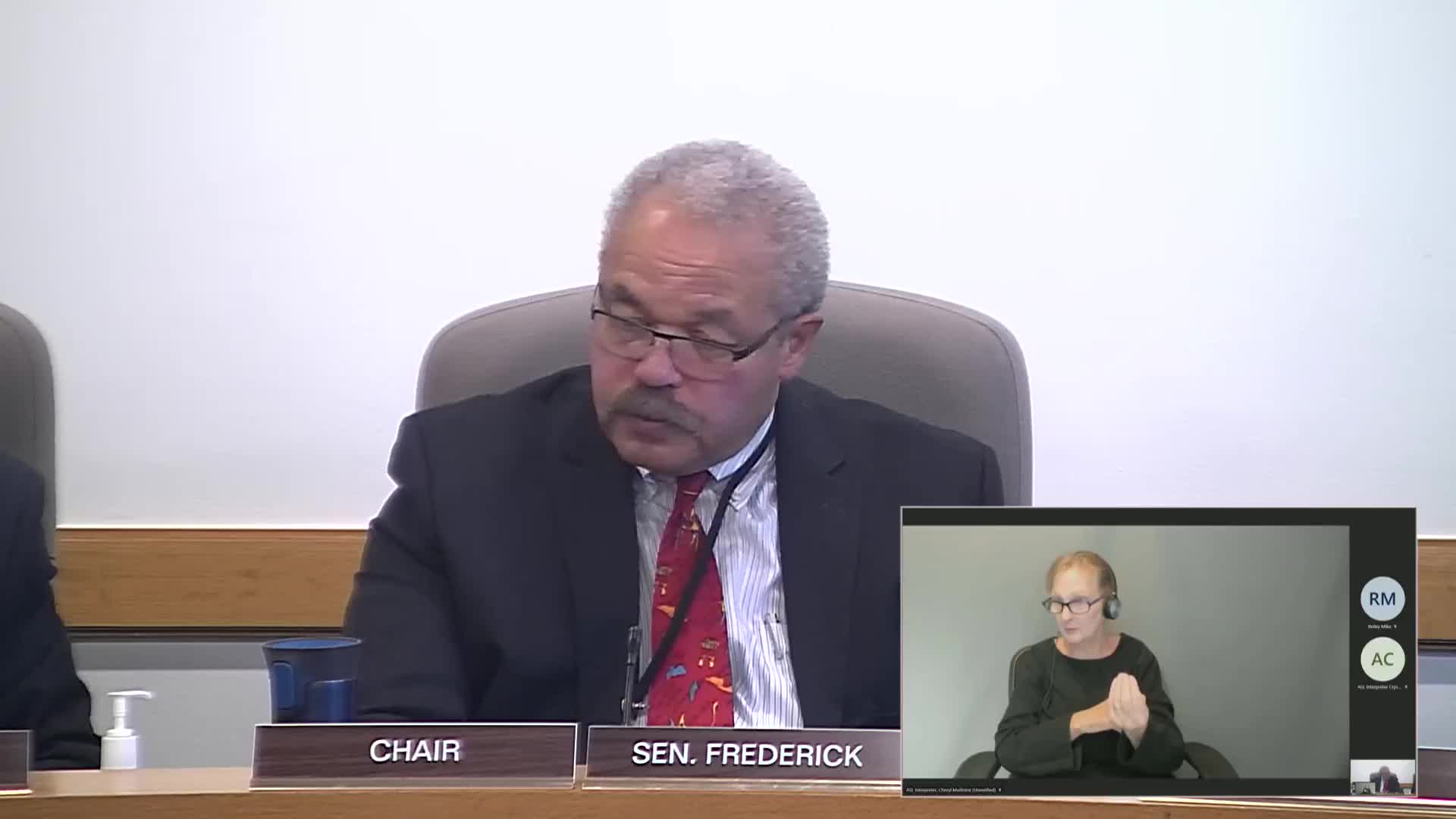Article not found
This article is no longer available. But don't worry—we've gathered other articles that discuss the same topic.

Bill would require schools to update and post integrated pest management plans, include school gardens

Bill would require universities to request DPSST disciplinary records for campus security hires

Bill would direct ODE to convene advisory committee to modernize early intervention funding

